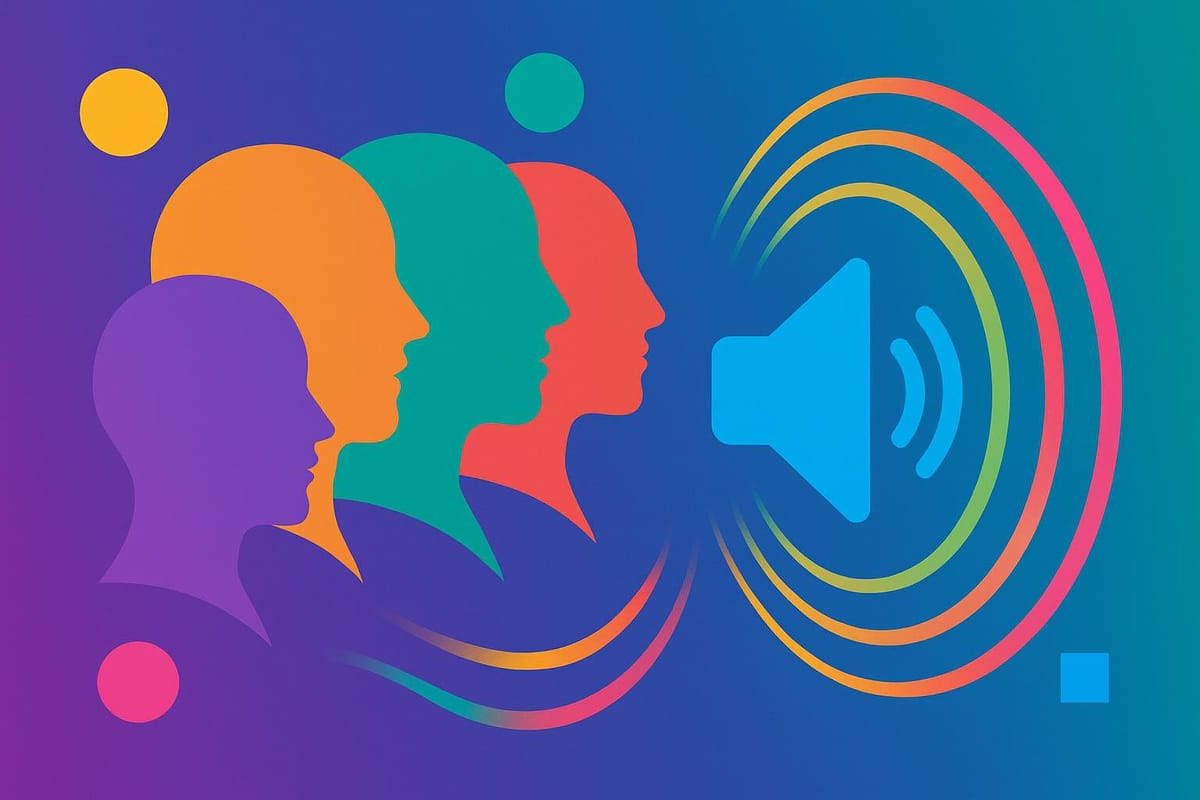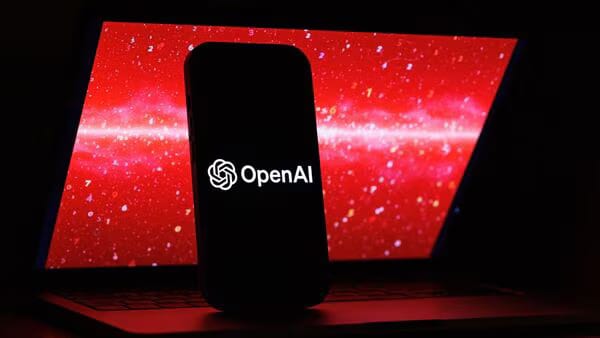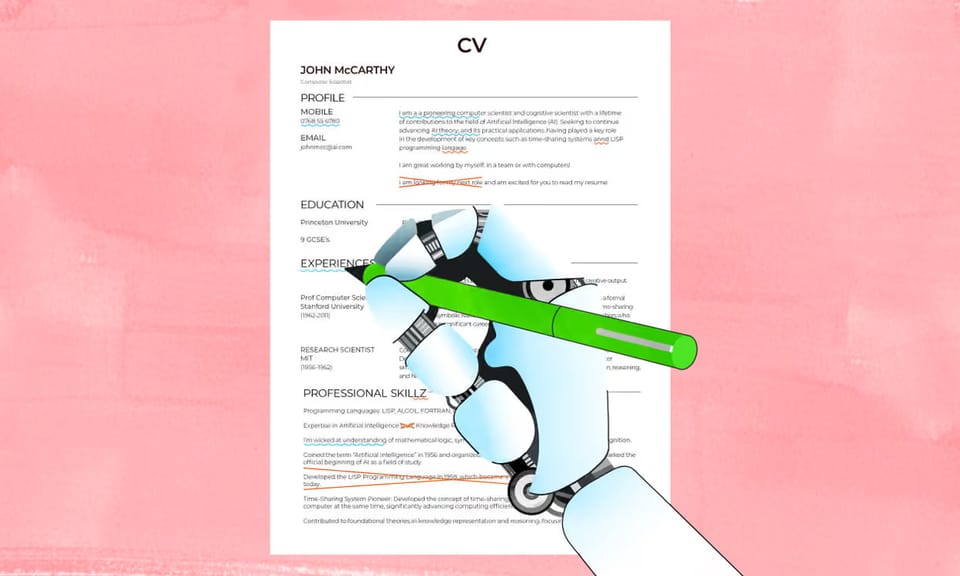Human Voices About to Be Put Out of Business by a Laptop?


Microsoft just dropped a new toy for the AI world called VibeVoice-1.5B. Sounds fancy, right? Like the name of a Bluetooth speaker your cousin brags about but only uses to blast Nickelback. But this thing isn’t about music, it’s about making computers talk like us.
Most text-to-speech systems sound like your GPS trying to say “Worcestershire” after three beers. Microsoft’s version is different because it can keep talking for up to ninety minutes straight, with four different voices, and it doesn’t even sound like it’s dying halfway through a sentence.
Most AI voices can barely make it through your voicemail greeting before glitching out like Max Headroom. VibeVoice can host an entire podcast episode, an audiobook, or even a corporate training module in one take. That means no more robotic “Welcome to onboarding” messages. Instead, you get four voices that sound like actual coworkers who aren’t even real. It’s like Microsoft just invented an imaginary HR department that never calls in sick.
They’re not just doing this to freak out voice actors or put Alexa out of a job. They want to be the king of open-source speech. They released it under a free MIT license, basically saying, “Here’s our toy box, go play, just don’t use it to prank-call your grandma.”
They’re also throwing down a gauntlet to other players in the field. Think ElevenLabs, who charge you like it’s Netflix for voices. Or their own Azure Speech, which costs money, too. So Microsoft is competing with everyone, including itself, like Coke launching a free soda while still selling Coke Zero at the store.
They are up against companies that make voice cloning their bread and butter. ElevenLabs is the fancy option, and other open-source projects like Voicebox and XTTS are trying their best. Microsoft shows up like the big kid at recess with a shiny new ball, saying, “Mine’s free, and it bounces higher.” Everyone else has to figure out whether they’re going to play along or get trampled. It’s not just competition, it’s tech’s version of a sibling fight where one side brings Nerf guns and the other shows up with an actual bazooka.
But enough about them, let’s talk about you. If you’re a CEO or founder, this could save you a fortune. No more hiring a voice actor to narrate your company podcast or those “Welcome to the team” videos. You just type it up, press go, and suddenly you have audio that sounds like four different employees who don’t exist.
If you’re a manager, this is a productivity cheat code. Instead of spending three weeks recording boring training modules, you let the AI whip it up overnight. Imagine finishing a quarter’s worth of HR training faster than you can microwave popcorn.
If you’re an employee, this could be your best friend or your worst nightmare. You can use it to prep client pitches, turn long reports into audio, or even create a side hustle podcast about conspiracy theories your uncle loves. On the flip side, your boss might realize the AI gives more enthusiastic presentations than you do, which is awkward.
And if you’re just a regular American? Think audiobooks and YouTube videos made cheaper and faster. Imagine your favorite true-crime podcast releasing new episodes daily because the hosts are now imaginary people with flawless diction. It’s exciting until your kid’s bedtime stories sound suspiciously like Bill Gates.
For communities, this could be huge. Anyone with a laptop can now make pro-quality audio. That means more content, more accessibility, and more creativity. But it also means more scams. You thought fake emails from Nigerian princes were bad? Wait until the prince leaves you a voicemail in perfect English asking for your bank details. So yes, it democratizes audio production, but it also democratizes fraud. Get ready for a future where your grandma doesn’t believe your actual phone calls because she’s convinced you’re “that AI robot thing.”
Microsoft isn’t just tinkering with robot voices; they’re setting up a future where AI can run an entire conversation without breaking a sweat. From classrooms to boardrooms to your earbuds, the ability to generate hours of convincing speech could touch everyone.
The real question isn’t if AI will talk like us; it’s how soon we’ll start questioning whether our favorite podcaster, audiobook narrator, or even our boss on a Zoom call is actually a human. And honestly, some of us might prefer the laptop.
What about you? Would you actually use this to save time at work, make your kid’s homework sound less boring, or prank your friends with fake phone calls? Or does it just make you worry that one day your job interview will be with a computer that sounds friendlier than your actual manager? Share how you think this might affect you, someone you know, your company, or your community. I want to hear the human side before the laptops take over.
- Matt Masinga
*Disclaimer: The content in this newsletter is for informational purposes only. We do not provide medical, legal, investment, or professional advice. While we do our best to ensure accuracy, some details may evolve over time or be based on third-party sources. Always do your own research and consult professionals before making decisions based on what you read here.




